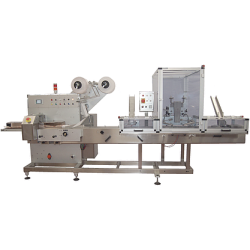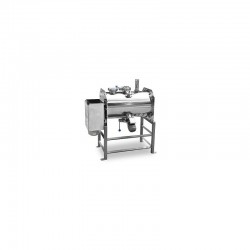Ice Cream Production
To produce ice cream, you will need specialized equipment such as an ice cream maker, a blast freezer, and a pasteurizer. The ice cream maker is used to churn and freeze the ice cream mixture, while the blast freezer is used to rapidly freeze the ice cream to prevent the formation of ice crystals. The pasteurizer is used to heat and cool the ice cream mixture to kill any harmful bacteria and ensure a smooth, consistent texture.
To package your ice cream, you will need containers, a filling machine, and a labeling machine. The containers should be made of a food-safe material, such as plastic or paper, and should be appropriately sized for your product. The filling machine will help you fill the containers quickly and accurately, while the labeling machine will allow you to apply custom labels to your containers. Depending on the size of your operation, you may also want to invest in a hardening cabinet to help freeze the ice cream after it has been filled into the containers.
o produce ice cream on an industrial scale, the process typically involves several steps. First, the ice cream mixture is pasteurized to kill any harmful bacteria and ensure a consistent texture. The mixture is then homogenized to ensure a smooth texture and even distribution of fat particles.
Next, the mixture is cooled and aged to allow the flavors to develop. Once the mixture is ready, it is fed into an ice cream freezer, where it is churned and frozen at a rapid rate to prevent the formation of ice crystals. The ice cream is then packaged, labeled, and stored in a hardening cabinet to freeze it to the desired temperature.
The specific equipment and process used will depend on the size and scope of the production operation, but generally involve a combination of machines for mixing, pasteurizing, freezing, and packaging the ice cream.

 English
English
 Deutsch
Deutsch
 Français
Français
 Español
Español
 Italiano
Italiano
 Português PT
Português PT











